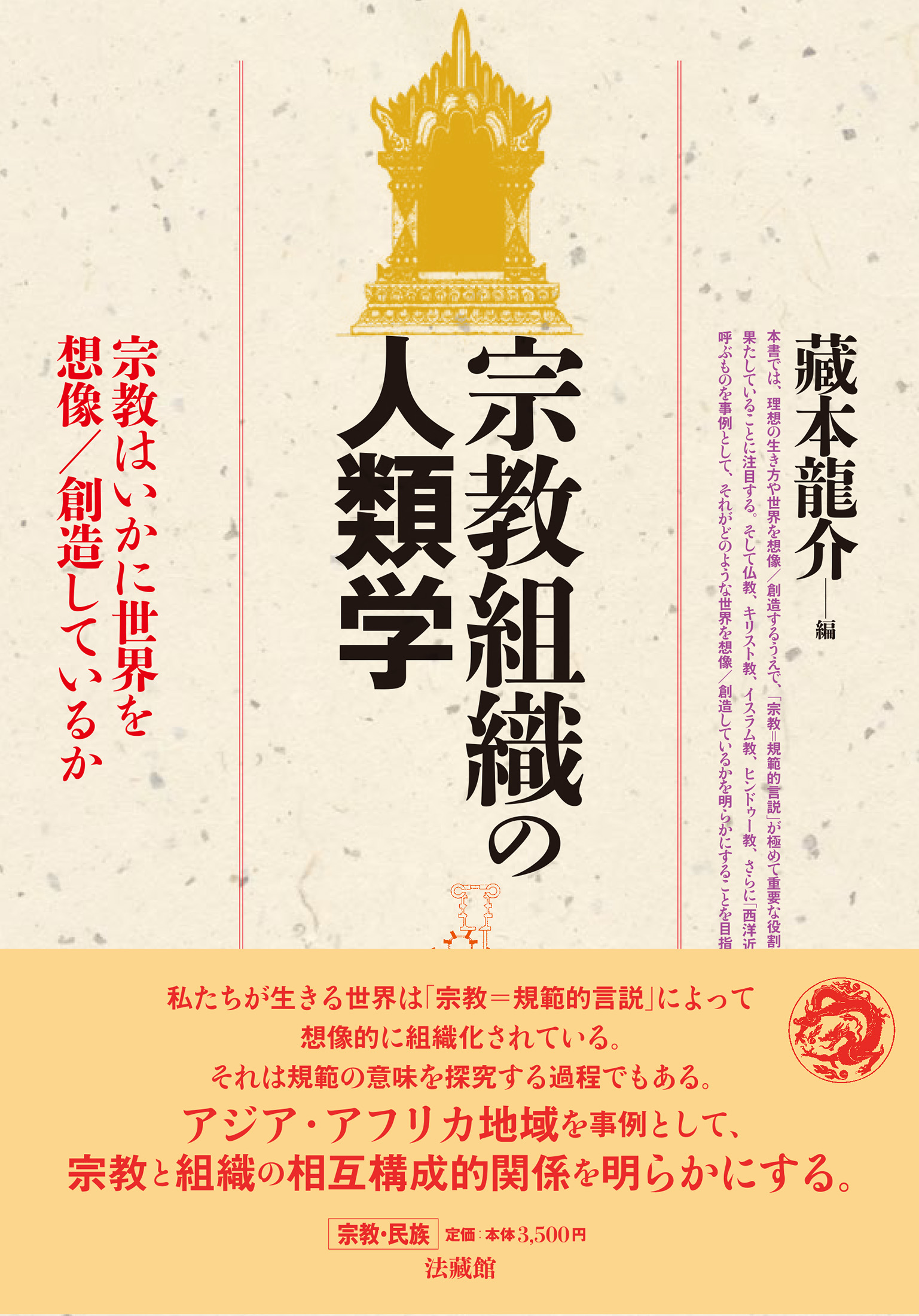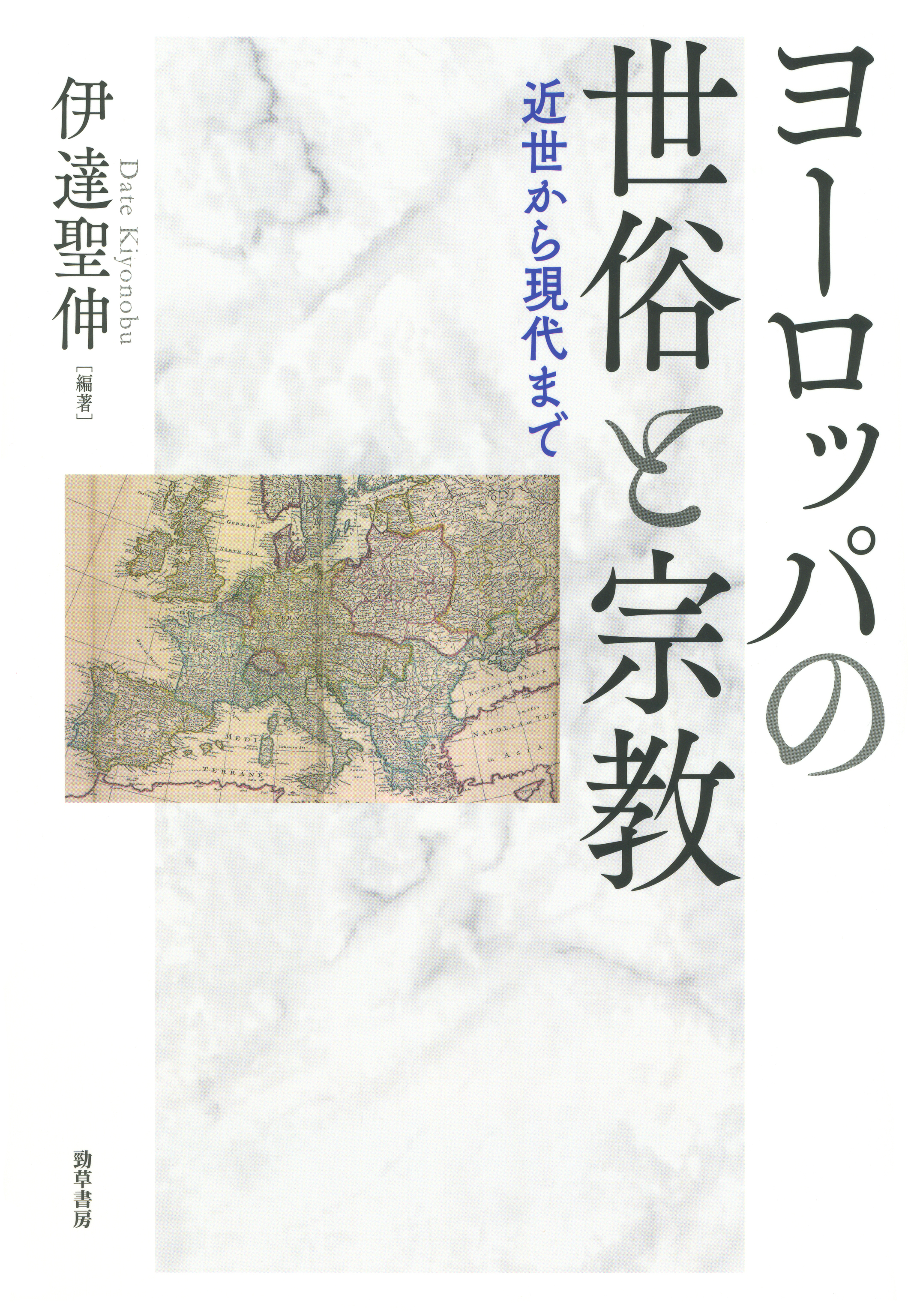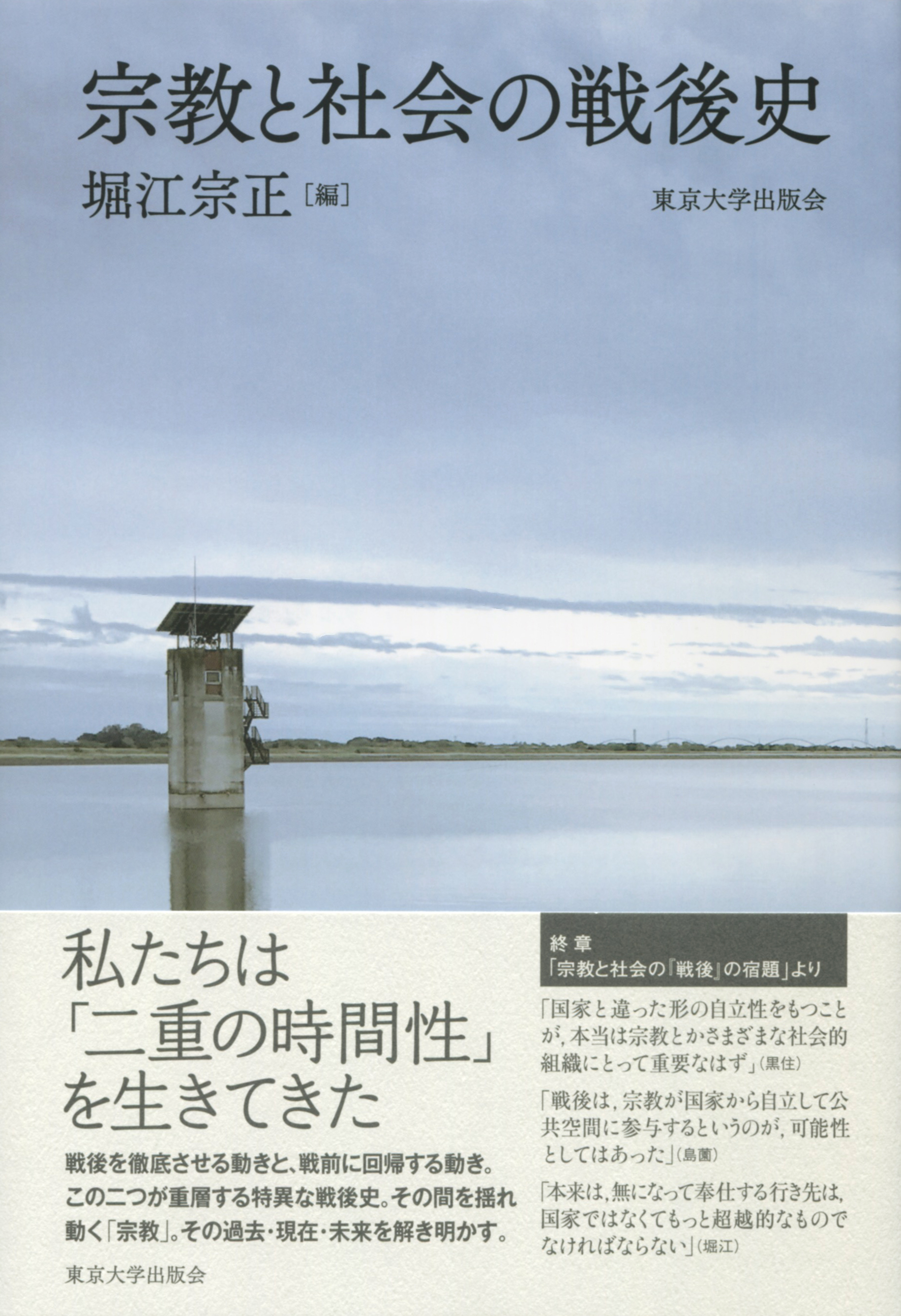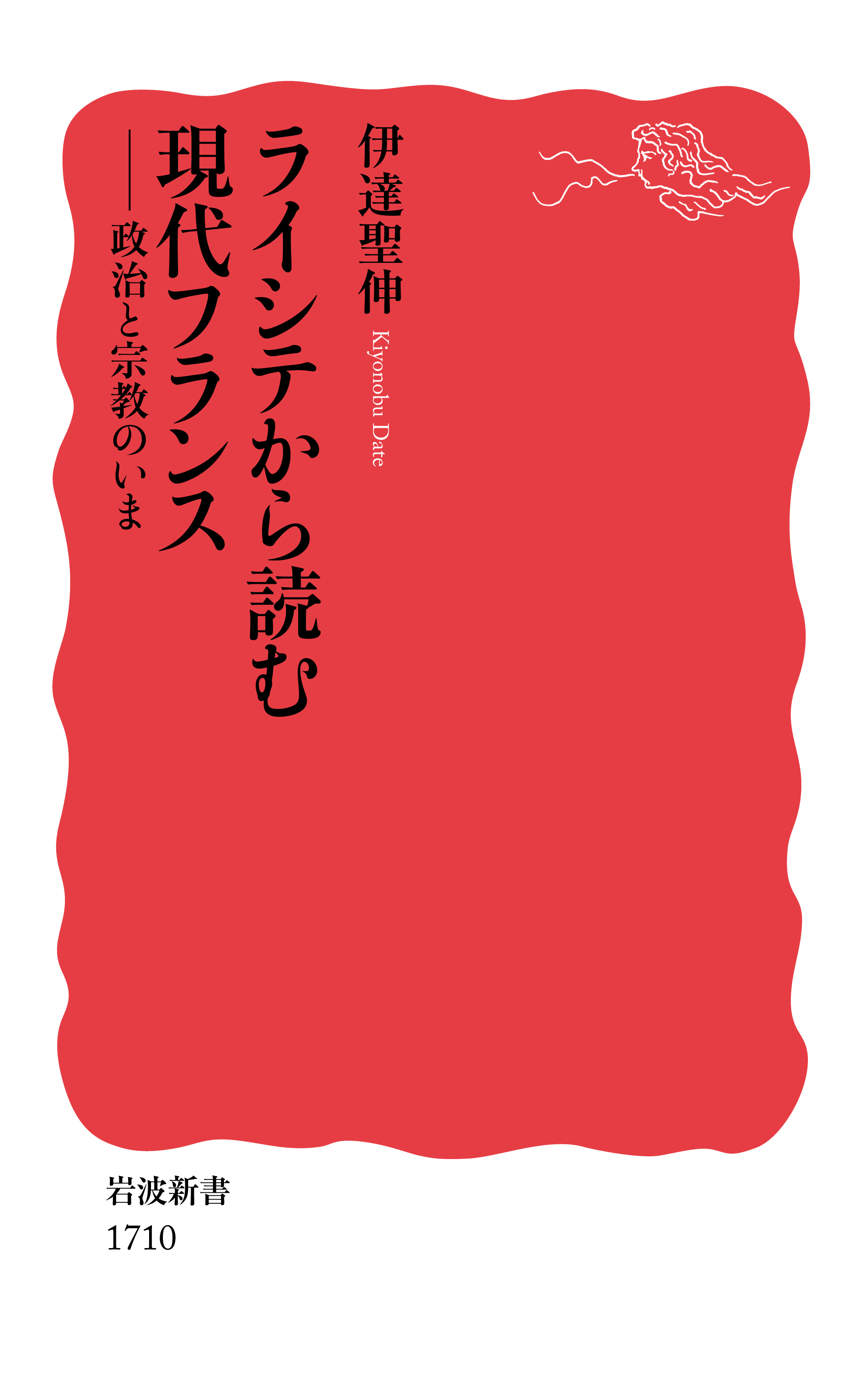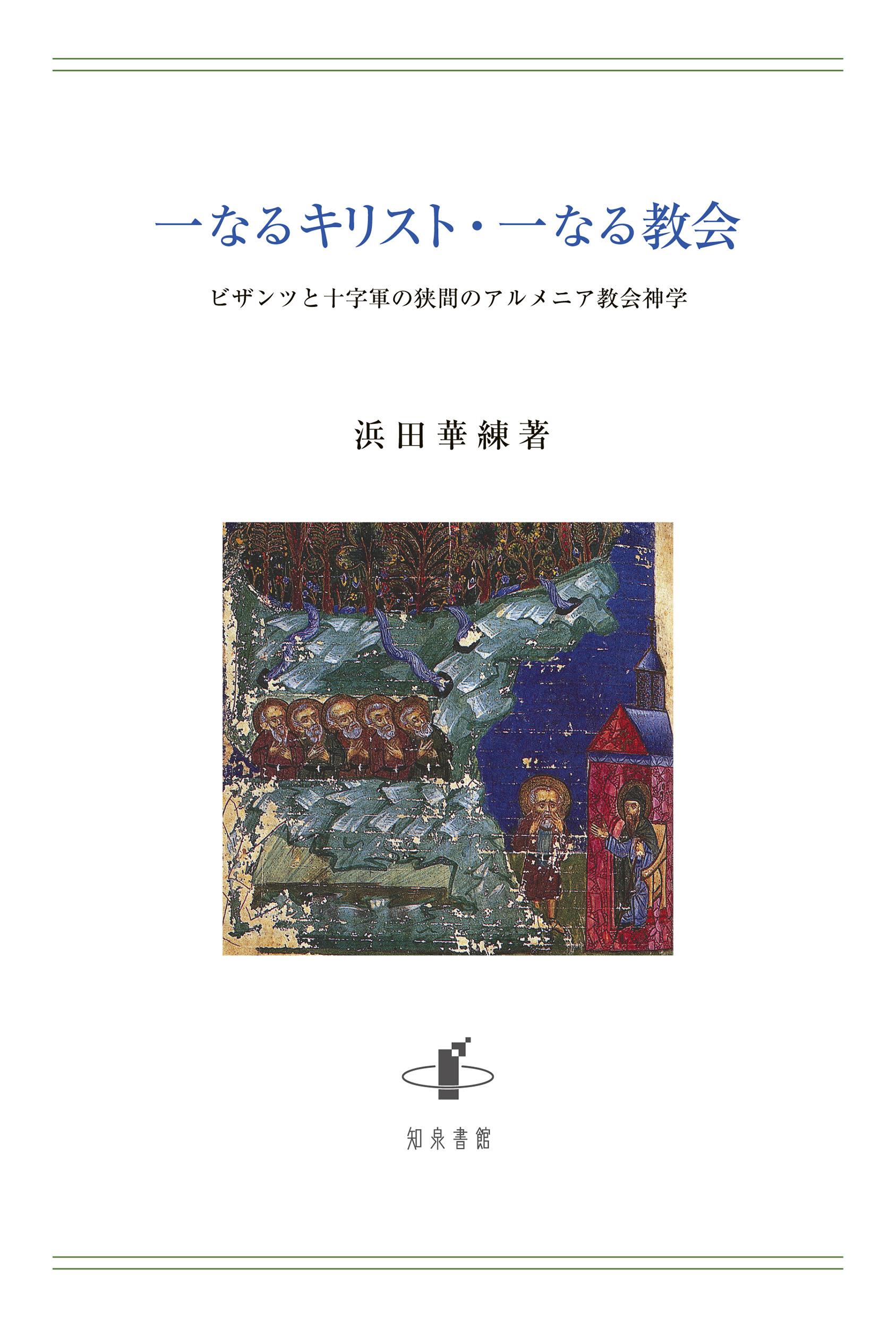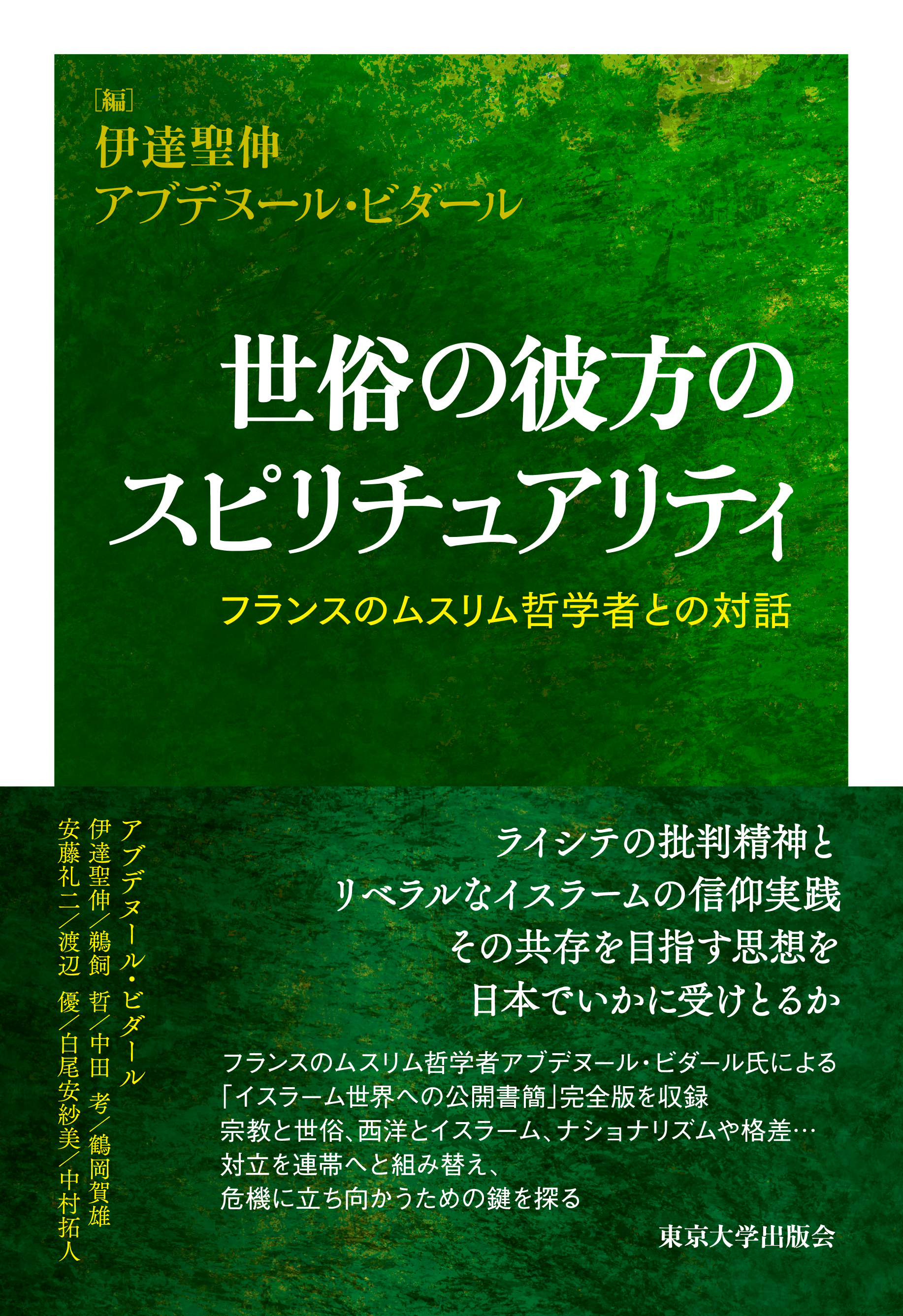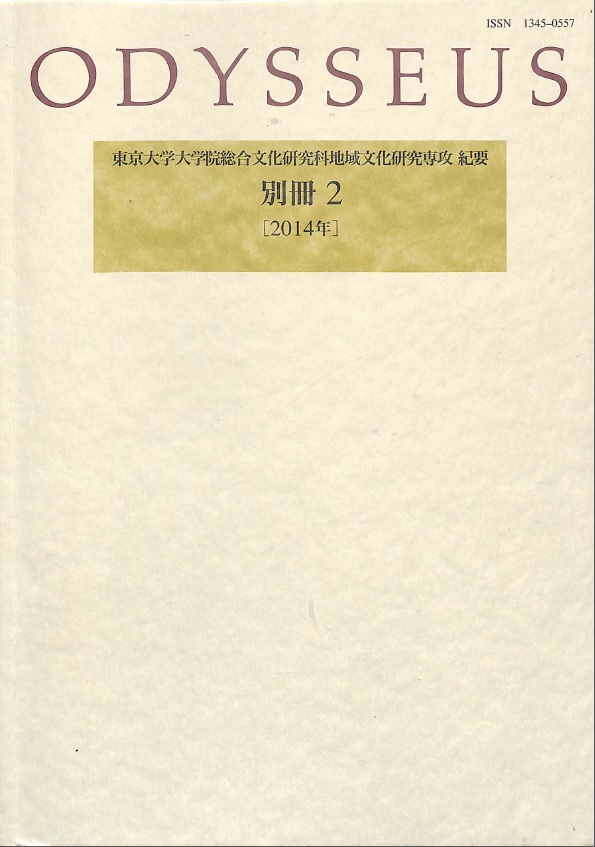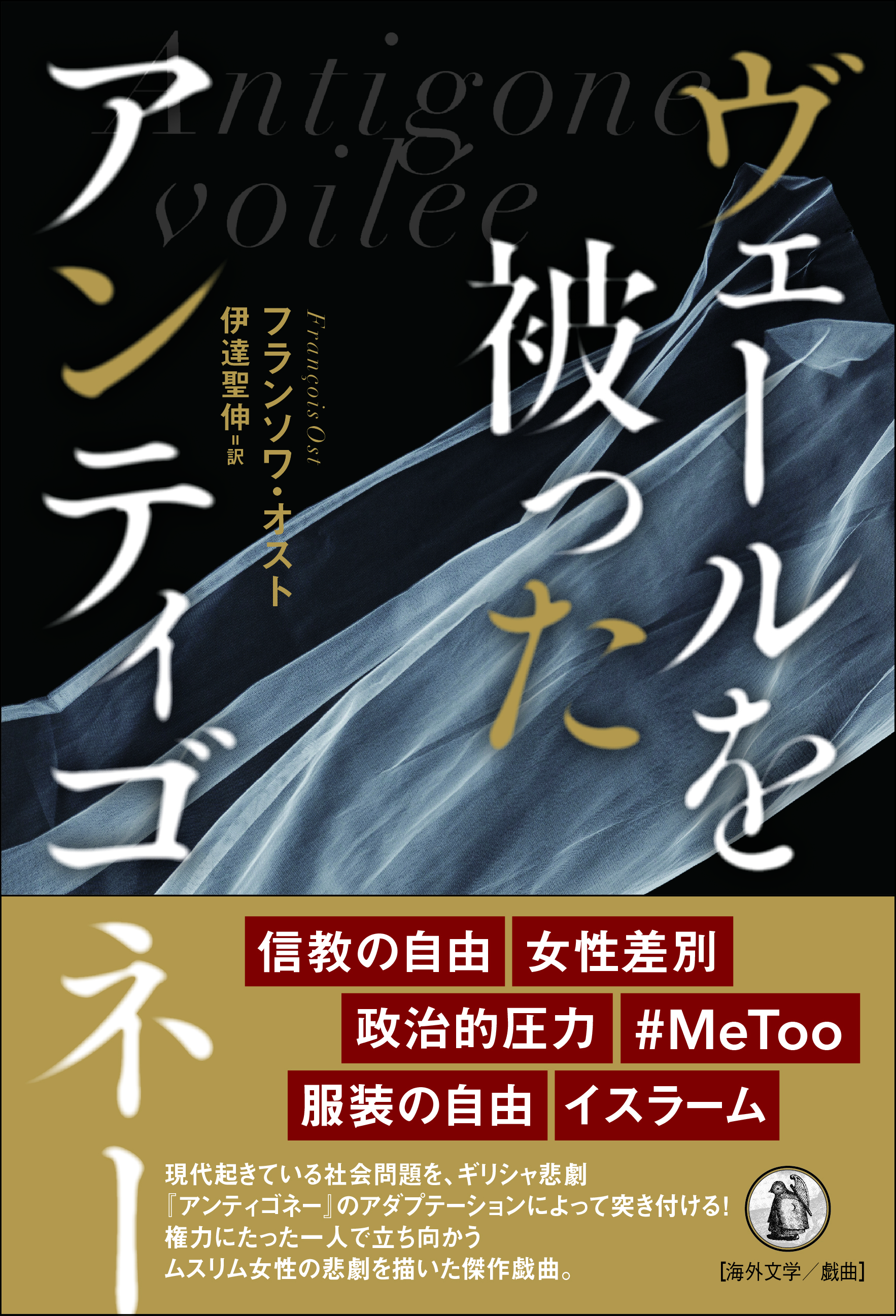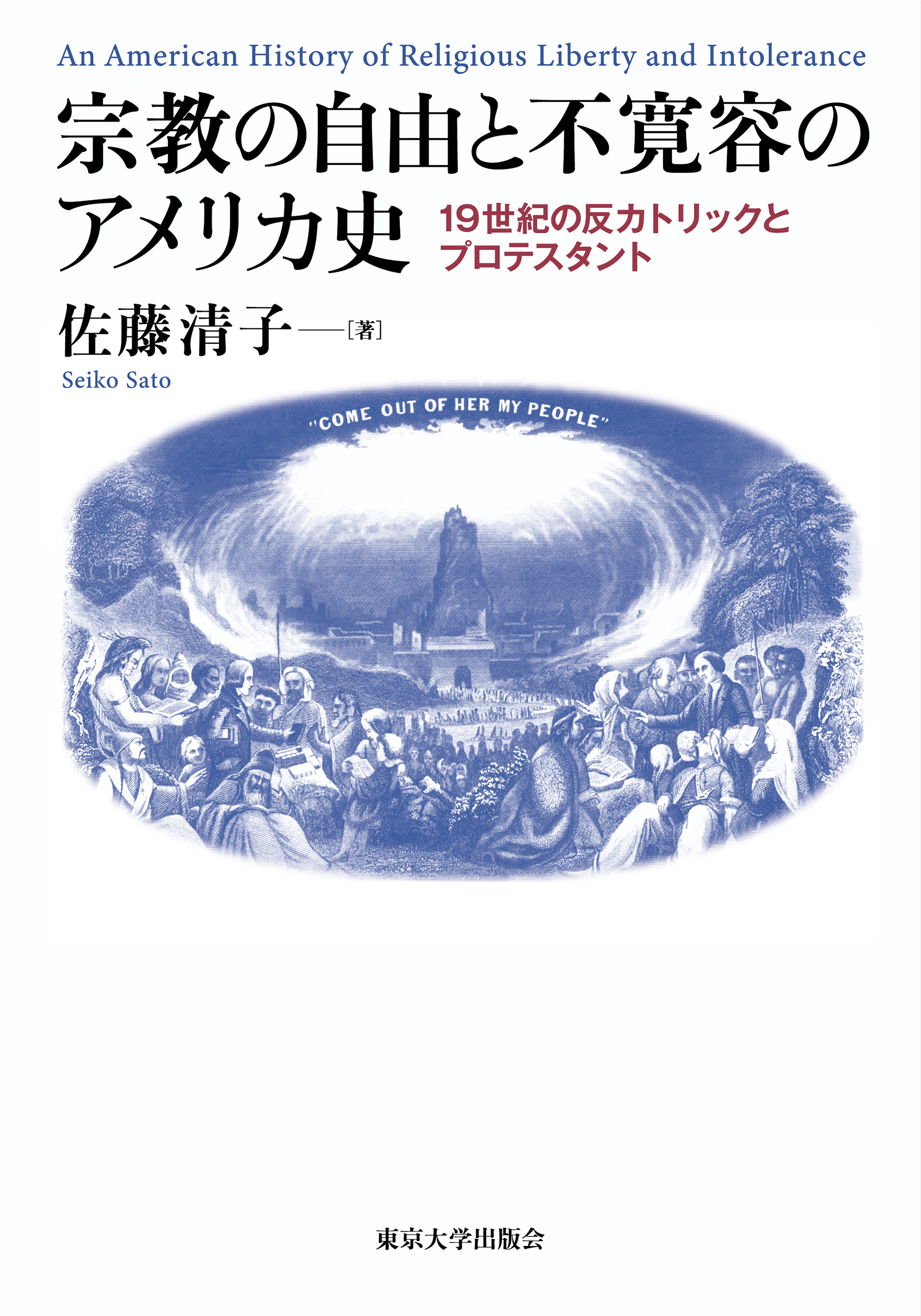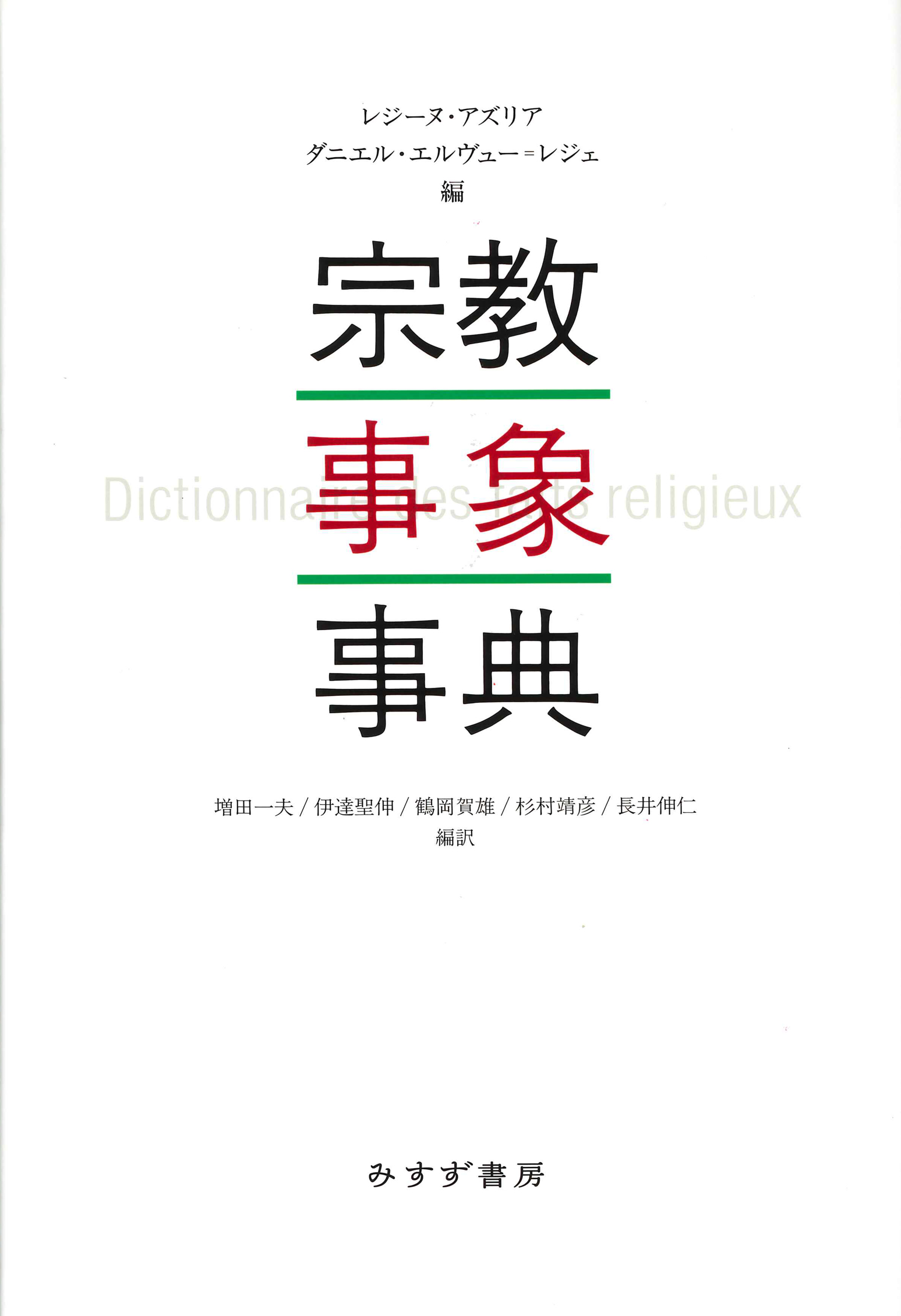
Title
Shu-kyo Jishou Jiten (Dictionary of "Religious Facts" [faits religieux])
Size
800 pages, 218mmx148mm
Language
Japanese
Released
May 24, 2019
ISBN
978-4-622-08798-4
Published by
Misuzu Shobo
Book Info
See Book Availability at Library
Japanese Page
Religion occupies an important place as a key topic in our globalized age. It is, however, a rather tricky subject to research. The Christian concept of “religion” was propagated throughout the world during the “secular” age led by Western modernity. Contemporary studies are in a position to question the assumption and reflect on this idea. It is no longer obvious what religion is and what it is not. There are various approaches with regard to researching religion, including research accumulated by theological disciplines and also in sociology, anthropology, philosophy, history, political science, and psychoanalysis, to name a few. Their diversity may even be overwhelming for new learners.
The preparation of this book required approximately two hundred researchers, mostly French, who were at the forefront of their fields. After much discussion, they came up with a list of approximately 360 religious phenomena critically applying a comprehensive method from humanities and social sciences. As it was not feasible to translate everything for various reasons, translators chose the entries to be translated. The emphasis was on whether the entries would be considered important for understanding religious phenomena in the contemporary world and whether they reflected the peculiarities of the original French text.
In our globalized age, researchers whose mother tongue is Japanese are also among those who are encouraged to actively disseminate their research results in English. Of course, they aspire to become proficient in English, but it is not easy to be like a native speaker. An effective strategy for gaining a sophisticated way of thinking is to train oneself to view one’s research subject from different angles. French, being another lingua franca, has a worldview that differs from that of English and could benefit Japanese researchers in many ways.
While religious studies in Japan has sensitively incorporated the critical theory of research done in the Anglosphere, it has not quite done the same for research trends from the French-speaking world. In French studies in Japan, there is a comparatively strong emphasis on contemporary thought, and great contributions to historical research have been made. Recent years have also seen a particular rise in interest in religious matters, but that does not necessarily mean that a link has been built between that field and research in religious studies. It is hoped that the perusal of this dictionary will help readers to understand anew the characteristics of the approaches that researchers in these fields have cultivated and also to develop new, complex approaches that are already applied in the world of globalized research. Perhaps, that is the best way to use the book.
This is a voluminous tome, although it is less of a dictionary for reference and more of a dictionary to be read one entry at a time. It is least likely that the writers approached their research subjects uncritically just to do thorough research, summarizing everything about them. Rather, they seem to have written them as if they were speaking extemporaneously, keeping in mind the question of how they would consciously conceptualize them. If readers can carefully trace the thought behind each entry as if they are following the demarcation of these ideas, they will surely gain significant insight into how they themselves would write if they were given a chance.
(Written by DATE Kiyonobu, Associate Professor, Graduate School of Arts and Sciences / 2020)



 Find a book
Find a book


 eBook
eBook